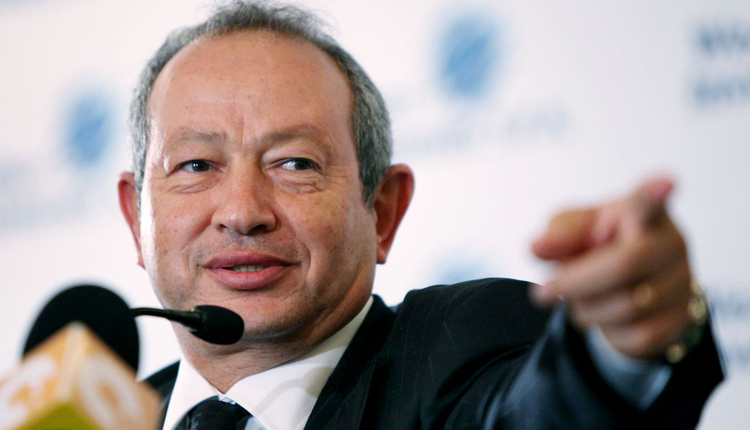Top Egyptian businessman Naguib Sawiris hopes to continue his investments in North Korea following a United Nations recent exemption to operate his Koryolink venture in the Asian country.
Sawiris, chief executive of Orascom Investment Holding which owns around 75 percent share in Koryolink, announced on Monday that his company had received an exemption from international sanctions prohibiting joint ventures in North Korea.
“Great news for me and Orascom Investment,” Sawiris said in earlier tweet, adding that the “United Nations just approved the exemption for Koryolink! Our mobile phone operation in North Korea.”
UNSC Resolution 2375, passed in September last year, required all companies operating joint ventures with North Korean partners – including Orascom’s Koryolink – to cease operations by early January or receive a special exemption allowing them to continue.
Orascom’s investments in North Korea were of about $250 million, Sawiris told reporters.
The investments have nothing to do with politics and that Egyptian businesses with North Korea are old, “it’s a historic thing,” he told in an interview with CNBC last year.
“I believe I’ve extended a good service to the innocent people of North Korea, who are deprived from seeing their parents who live miles away or can’t call their children when they come back from school,” he commented.
“They’re allowed to have the simplest services that everybody in the west has. It has nothing to do with politics,” he explained.
“As an investor, I abide by all U.N. resolutions making sure we’re not violating any sanctions, any rules,” Sawiris stressed.
Orascom Investment Holding (OIH), formerly known as Orascom Telecom Media and Technology Holding (OTMT), officially changed its name in July this year.
Orascom also set up a bank in North Korea, Orabank, in 2008 shortly after establishing Koryolink, but terminated this operation in late 2016, citing difficulties brought by U.S. Department of Treasury’s Office of Foreign Assets Control (OFAC) sanctions.


